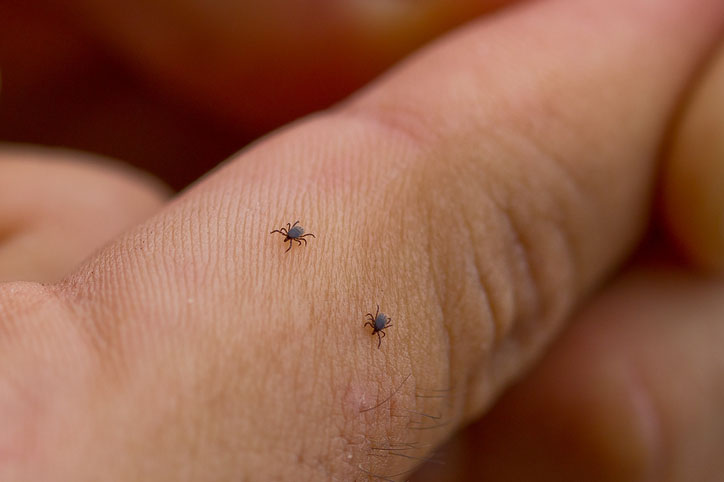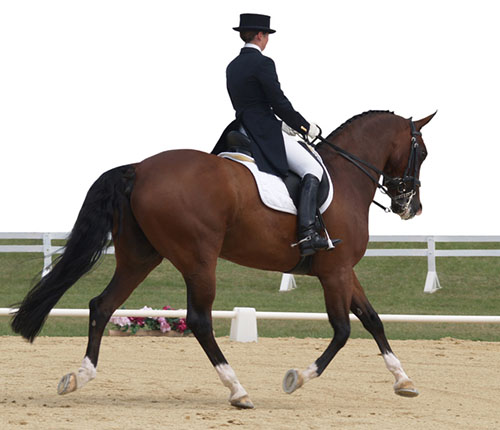Hyperbilirubinemia Syndromes in Large Animals
- Hepatic Disease in Large Animals
- Overview of Hepatic Disease in Large Animals
- Acute Hepatitis in Large Animals
- Infectious Hepatitis and Hepatic Abscesses in Large Animals
- Hepatotoxins in Large Animals
- Cholelithiasis, Choledocholithiasis, and Hepatolithiasis in Large Animals
- Chronic Active Hepatitis in Large Animals
- Hyperlipemia and Hepatic Lipidosis in Large Animals
- Hepatic Neoplasia in Large Animals
- Miscellaneous Hepatic Disorders in Large Animals
- Hyperbilirubinemia Syndromes in Large Animals
- Liver Abscesses in Cattle
Gilbert Syndrome
Gilbert syndrome is a congenital hyperbilirubinemia seen in people (inherited as an autosomal dominant trait) and in Southdown sheep. It is an unconjugated hyperbilirubinemia in the presence of normal erythrocyte life span. A defect in carrier proteins or conjugating enzyme is suspected. Affected Southdown sheep have increased conjugated and unconjugated plasma bilirubin concentrations. Hepatic bilirubin clearance is defective, and affected sheep cannot excrete BSP® into the bile. Icterus is variable. Histopathologic lesions are absent except for pigment in the hepatocytes.
Dubin-Johnson Syndrome
Dubin-Johnson syndrome is seen sporadically in people and Corriedale sheep. It is a failure of conjugated bilirubin to enter the bile canaliculi. Excretion of bilirubin and other conjugated organic anions may be impaired. Affected sheep may be icteric or hyperbilirubinemic. Serum conjugated and unconjugated bilirubin concentrations are increased, and BSP® clearance and bile acid excretion may be delayed in affected Corriedale sheep. Histologically, the hepatocytes contain a black, melanin-like pigment.
- Hepatic Disease in Large Animals
- Overview of Hepatic Disease in Large Animals
- Acute Hepatitis in Large Animals
- Infectious Hepatitis and Hepatic Abscesses in Large Animals
- Hepatotoxins in Large Animals
- Cholelithiasis, Choledocholithiasis, and Hepatolithiasis in Large Animals
- Chronic Active Hepatitis in Large Animals
- Hyperlipemia and Hepatic Lipidosis in Large Animals
- Hepatic Neoplasia in Large Animals
- Miscellaneous Hepatic Disorders in Large Animals
- Hyperbilirubinemia Syndromes in Large Animals
- Liver Abscesses in Cattle





